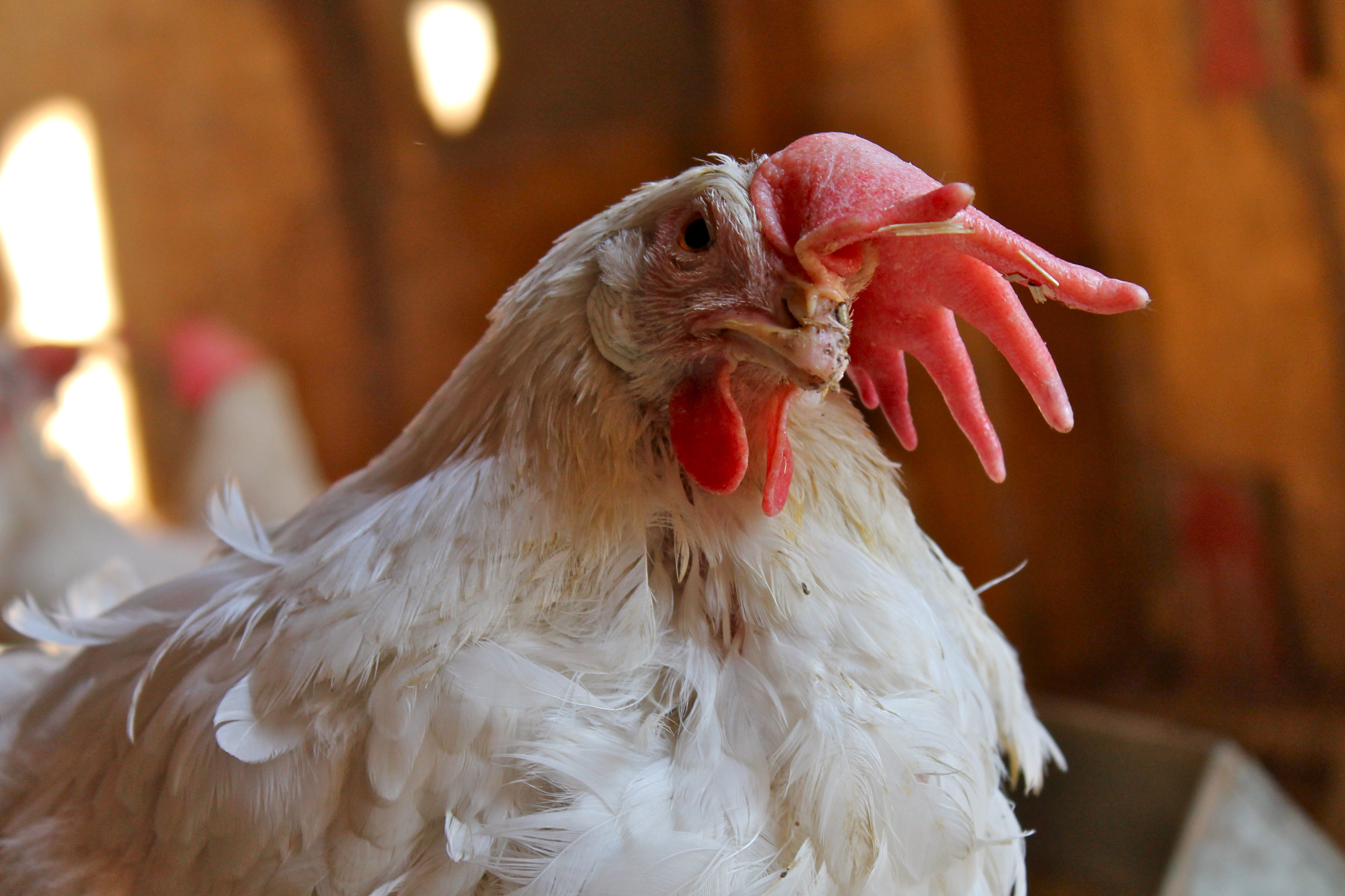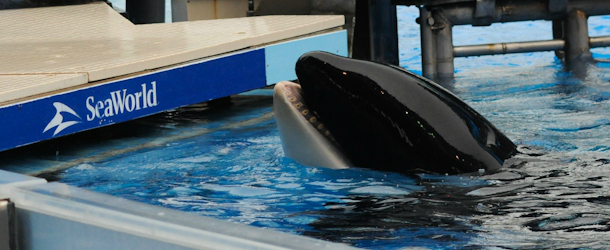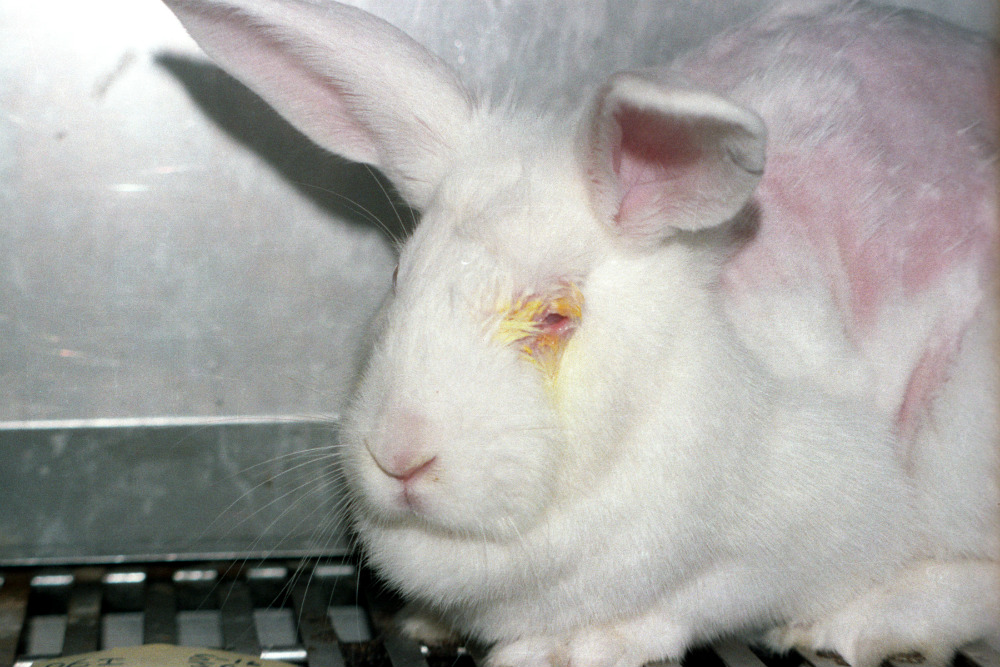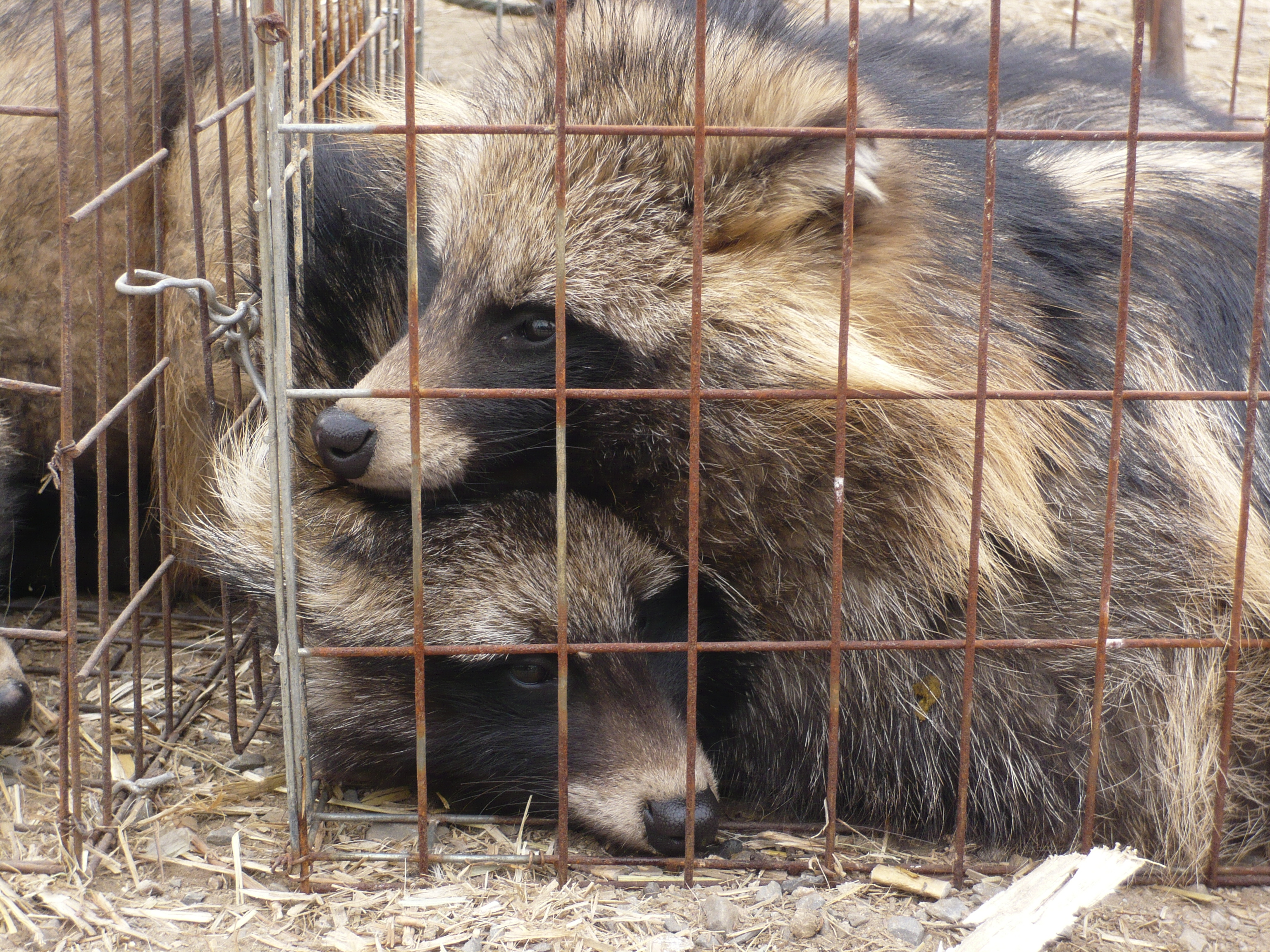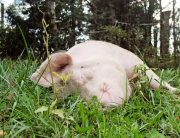1. Go Vegan
Need a reason to go vegan? How about tens of billions? That’s how many animals are killed for food in the U.S. each year. The most effective way to help God’s creatures is to go vegan!
Vegan food is consistent with Jesus’ teachings of compassion and mercy. He would be appalled by the abuse of animals on filthy factory farms and in slaughterhouses.
Cows, calves, pigs, chickens, turkeys, ducks, geese, and other animals live in extremely stressful conditions:
- They’re kept in small cages, jam-packed into sheds, or crammed onto filthy feedlots, often with so little space that they can’t even turn around or lie down comfortably.
- They’re deprived of exercise so that all their energy goes toward producing flesh, eggs, or milk for human consumption.
- Drugs are fed to them to fatten them faster and keep them alive in conditions that could otherwise kill them.
- Genetically altered to grow faster or to produce much more milk or eggs than they naturally would, many animals become crippled under their own weight and die just inches away from water and food that they can’t quite reach.
But you can help.
Just imagine: As a vegan Christian, you’ll be speaking up for God’s creatures by saving more than 100 animals each year, and you can also become healthier by consuming foods that don’t contribute to heart disease, cancer, or strokes. Plus, you’ll be helping to reduce climate change and world hunger and living the promises of the Kingdom. And eating a plant-based diet has never been easier, thanks to hundreds of delicious vegan products, restaurants, and accidentally vegan foods you probably already love!
2. Boycott SeaWorld
SeaWorld, which owns all but one of the orcas held captive in the U.S., has a long history of mistreating animals. Here are some reasons to boycott SeaWorld:
At SeaWorld, marine mammals are kept in pitifully small tanks and are denied everything that is natural and important to them:
- Orcas navigate by echolocation. In SeaWorld’s tanks, the reverberations from their own sounds bounce off the walls, which has been said to cause them to go insane.
- Some of the orcas at SeaWorld were violently captured from their ocean homes, and many are forced to learn circus-style tricks. According to whistleblower tips from trainers, food is sometimes withheld to get animals to perform.
- Terrified baby orcas are separated from their frantic mothers. In the wild, orca pods contain multiple generations, but in captivity, they are often denied the fulfillment of their God-given desire to be with their families.
- As a result of being held captive, orcas can become neurotic, self-destructive, and downright dangerous. Many have injured themselves and other orcas, in addition to killing their human trainers.
The abuse at SeaWorld clearly contradicts the careful stewardship and loving dominion we are called to show God’s creatures. The best thing we can do for animals held captive at SeaWorld, is simply not go, and instead enjoy other forms of entertainment.
3. Say No to Animal Experiments
As you read this, mice, rats, cats, dogs, birds, rabbits, monkeys, and other animals are dying in cruel medical experiments and product tests. About 220 animals are killed every minute in a U.S. laboratory. They die in pain and alone, without a gentle touch or a soothing voice.
Animal experiments teach us nothing about the health of humans because animals of different species absorb, metabolize, and eliminate substances differently from humans. The truth is that experimenting on animals is bad science: It’s unreliable and unnecessary.
You can keep the pressure on those responsible for these cruel experiments by joining the thousands of Christians who refuse to purchase products from corporations that abuse animals.
Every year, millions of animals are killed for the clothing industry—all in the name of fashion.
Animals on fur farms spend their entire lives confined to cramped, filthy wire cages. Fur farmers use the cheapest and cruelest killing methods available, including suffocation, electrocution, gassing, and poisoning.
4. Go Fur- and Wool-free
More than half the fur in the U.S. comes from China, where millions of dogs and cats are bludgeoned, hanged, bled to death, and often skinned alive for their fur. Chinese fur is often deliberately mislabeled, so if you wear any fur, there’s no way of knowing for sure whose skin you’re in.
Sheep in the wool industry are treated as nothing more than wool-producing machines. Shearers are usually paid by volume, not by the hour, which encourages fast work without any regard for the welfare of the sheep. A 2014 PETA exposé at a shearing facility documented that workers punched and kicked sheep and used a needle and thread to sew up bleeding wounds.
Finding cruelty-free clothing and accessories has never been easier. The options are endless for animal-friendly alternatives. Whether it be a cozy wool-free sweater, a fancy faux-fur stole, or combat boots sans leather, you’re sure to find it at your local mall or clothing store.
How do you know which companies and products are cruelty-free? PETA’s Beauty Without Bunnies program is the ultimate resource for conscientious shoppers, making purchasing cruelty-free products as easy as (vegan) pie. Order our cruelty-free shopping guide or use our searchable online database to learn which products are made without testing on animals.
5. Host an Event for Animals at Your Church
An easy way to encourage other Christians to get involved in helping animals is by hosting an event at your church. Organizing a potluck, screening an animal rights–related movie, and hosting a speaker are great ways to engage your church in the issue of animal suffering and our call to merciful stewardship.
Contact us for event ideas or if you would like to invite us to speak at your church.
Here’s to a healthy and happy new year for all God’s creatures!

